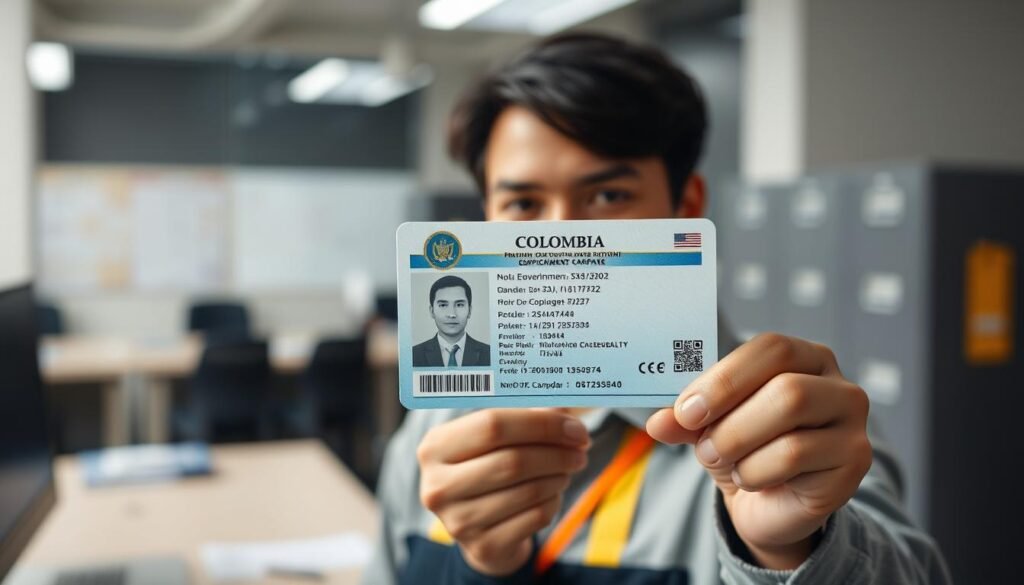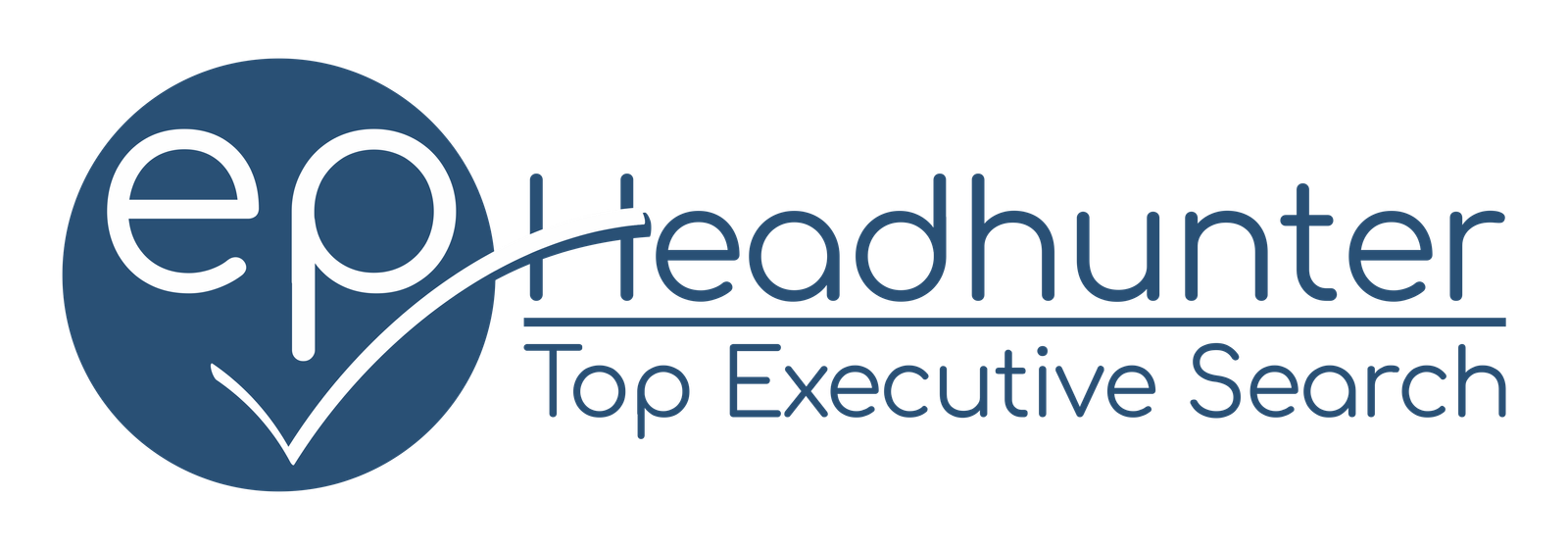Have you ever wondered what happens when an employer overlooks local employment laws during the hiring process? In Colombia, failing to comply with these regulations can lead to serious consequences, including lawsuits and reputational damage. Understanding and adhering to these laws is not just a legal requirement but also a way to build trust with candidates and employees.
Colombian employment law ensures that every candidate is treated fairly, regardless of their background, age, or gender. Employers must verify the right to work, avoid discrimination, and maintain transparency throughout the hiring process. This not only protects the employee but also safeguards the employer from potential legal issues.
By following these guidelines, businesses can create a more inclusive and ethical workplace. This approach not only reduces the risk of litigation but also enhances the company’s reputation. In this article, we’ll explore the essential steps employers need to take to ensure compliance and fairness in their hiring practices.
Key Takeaways
- Adhering to Colombian employment laws is critical for avoiding lawsuits.
- Fair hiring practices build trust with candidates and employees.
- Transparency in the hiring process protects both employers and candidates.
- Non-discrimination policies ensure equal opportunities for all applicants.
- Understanding local regulations enhances business reputation and compliance.
Understanding the Legal Landscape in Colombian Recruitment
Colombian employment laws set the foundation for fair and inclusive hiring practices. These regulations ensure that every candidate is treated equitably, regardless of their background, age, or gender. Employers must follow these guidelines to avoid legal issues and build trust with potential employees.
Overview of Employment Laws and Regulations
Colombia’s employment laws are designed to protect both employees and employers. Key regulations include the Employment Rights Act, which mandates fair treatment during the hiring process. Employers must verify the right to work, conduct background checks, and ensure transparency in every step.
For example, job descriptions and advertisements must adhere to these laws. They should avoid discriminatory language and focus on the role’s requirements. This approach ensures that all applicants have an equal opportunity to apply.

Defining Fair and Non-Discriminatory Practices
Fair hiring practices are not just a legal requirement but also a strategic advantage. Employers must ensure that their process is free from bias. This includes treating all candidates equally, regardless of their race, gender, or disability.
Here’s a breakdown of key practices:
| Practice | Description |
|---|---|
| Job Descriptions | Clear, inclusive, and free from discriminatory language. |
| Interviews | Structured and focused on role-specific skills. |
| Background Checks | Conducted fairly and in compliance with local laws. |
By adhering to these practices, businesses can minimize legal risks and foster a positive reputation. Compliance not only protects the employer but also creates a more inclusive workplace.
Legal Considerations in Recruitment
Ensuring a fair and compliant hiring process starts with understanding key legal requirements. Employers must verify a candidate’s right to work and implement anti-discrimination measures to maintain integrity.
Right to Work and Authorization Checks
Verifying a candidate’s legal right to work is a critical step. Employers must conduct thorough checks to confirm eligibility. This includes reviewing documents like passports or work permits.
Failure to perform these checks can lead to severe penalties. Companies may face fines or even criminal charges for hiring unauthorized individuals. Proper verification ensures compliance with employment law.

Structured processes are essential. Start with initial applicant verification, followed by background checks. Confirm work eligibility before making an offer. This approach minimizes risks and protects the employer.
Ensuring Equality and Anti-Discrimination Measures
Anti-discrimination policies are vital for fair hiring. Employers must treat all candidates equally, regardless of age, gender, or disability. This builds trust and ensures compliance with regulations.
Here are key practices to follow:
- Use inclusive language in job descriptions.
- Conduct structured interviews focused on role-specific skills.
- Ensure background checks are fair and unbiased.
Transparency is crucial. Clearly communicate the hiring process to applicants. This fosters trust and ensures legal integrity. By adhering to these practices, businesses create a more inclusive workplace.
Navigating Compliance and Data Protection
Protecting candidate data is a cornerstone of modern hiring practices. In Colombia, employers must prioritize secure handling of personal information to ensure compliance with local and international regulations. This not only safeguards the candidate but also strengthens the employer’s credibility. Además, la implementación de técnicas como la psicometría en el proceso de selección permite a las empresas obtener una comprensión más profunda de las habilidades y características de los postulantes, asegurando que el proceso de contratación sea tanto eficiente como ético. Al respetar la privacidad de los candidatos y utilizar herramientas de evaluación de manera responsable, las organizaciones pueden atraer y seleccionar al mejor talento, al tiempo que construyen un ambiente de confianza.

Securing Candidate Information
Handling sensitive data requires strict protocols. Employers must store information securely, using encrypted systems and limited access controls. This minimizes the risk of breaches and ensures protection against unauthorized use.
Obtaining explicit consent is a critical step. Before collecting or sharing data, employers must clearly explain how it will be used. This builds trust and ensures transparency throughout the process.
Implementing Transparent Data Handling Processes
Transparency is key to ethical hiring. Employers should outline their data handling practices in clear, accessible terms. This includes explaining how long data will be stored and when it will be deleted.
Here’s a breakdown of best practices:
| Practice | Description |
|---|---|
| Secure Storage | Use encrypted systems and limit access to authorized personnel. |
| Candidate Consent | Obtain explicit permission before collecting or sharing data. |
| Data Retention | Store information only as long as necessary, then delete it securely. |
«Data protection is not just a legal obligation; it’s a commitment to ethical hiring.»
Adhering to these practices ensures compliance with local laws and international standards like GDPR. It also fosters trust with candidates, enhancing the employer’s reputation. By prioritizing data protection, businesses create a safer, more transparent hiring environment.
Strategies for Transparent and Ethical Hiring Practices
Creating a transparent and ethical hiring process is essential for building trust and ensuring fairness. It not only protects the employer but also enhances the candidate experience. By focusing on inclusivity and objectivity, businesses can attract top talent while maintaining compliance with employment laws.
Crafting Inclusive Job Descriptions and Advertisements
Job descriptions are the first step in attracting qualified candidates. To ensure inclusivity, avoid language that may alienate certain groups. Focus on the role’s requirements and qualifications, rather than personal attributes.
Here are key components of an inclusive job advertisement:
- Use gender-neutral language.
- Avoid age-related terms like «young» or «recent graduate.»
- Highlight essential skills and experience.
By following these guidelines, employers can attract a diverse pool of applicants and reduce bias in the hiring process.

Establishing Objective Interviewing Techniques
Structured interviews are a proven way to promote fairness. They involve standardized questions focused on the candidate’s skills and experience. This approach minimizes bias and ensures consistency.
Here’s how to implement objective interviewing techniques:
| Technique | Benefit |
|---|---|
| Structured Questions | Ensures all candidates are evaluated equally. |
| Skill-Based Assessments | Focuses on relevant qualifications rather than personal attributes. |
| Interview Panels | Reduces individual bias by incorporating multiple perspectives. |
«Objective interviews not only promote fairness but also improve the quality of hires.»
Training interviewers is equally important. Provide guidance on avoiding biased questions and focusing on job-related criteria. This ensures a fair and transparent process.
By adopting these strategies, employers can build a reputation for fairness and inclusivity. This not only attracts top talent but also fosters a positive workplace culture.
Implementing Practical Legal Checks in the Recruitment Process
To ensure a smooth and lawful hiring process, employers must implement practical legal checks. These steps not only protect the company but also safeguard the rights of candidates. By adhering to these practices, businesses can minimize risks and build trust.
Conducting Background and Criminal History Checks
Background checks are a critical part of the hiring process. They help verify the candidate’s history and ensure they are suitable for the role. For positions with special responsibilities, these checks are even more essential.
Here’s how to conduct thorough background checks:
| Step | Description |
|---|---|
| Initial Verification | Confirm the candidate’s identity and work history. |
| Criminal Record Check | Ensure the candidate has no disqualifying offenses. |
| Reference Validation | Contact previous employers to verify experience. |
These steps ensure compliance with local laws and protect the employer from potential risks.
Drafting Compliant Employee Agreements
Clear and transparent employment agreements are essential. They outline the terms of employment and protect both the employer and the employee. These agreements must include statutory minimum rights and clear expectations.
Here’s how to draft compliant agreements:
- Define the role and responsibilities clearly.
- Include terms related to salary, benefits, and working hours.
- Specify conditions for termination and dispute resolution.
«Transparent agreements prevent misunderstandings and foster trust between employers and employees.»
By following these guidelines, businesses can ensure compliance and create a positive working relationship. This approach not only protects the company but also enhances the candidate’s experience.
Measuring Success and Mitigating Legal Risks in Recruitment
How can employers ensure their hiring process is both effective and legally sound? By tracking key metrics and regularly reviewing policies, businesses can minimize risks while improving outcomes. This approach not only ensures compliance but also enhances the overall recruitment experience for both the employer and the candidate.
Tracking Recruitment Metrics Effectively
To measure success, employers must identify and monitor key performance indicators (KPIs). These metrics provide valuable insights into the process and help identify areas for improvement. Common KPIs include time-to-hire, cost-per-hire, and candidate satisfaction rates.
Here’s a breakdown of essential recruitment metrics:
| Metric | Purpose |
|---|---|
| Time-to-Hire | Measures the efficiency of the hiring process. |
| Cost-per-Hire | Evaluates the financial impact of recruitment efforts. |
| Candidate Satisfaction | Assesses the applicant’s experience during the process. |
By analyzing these metrics, employers can make data-driven decisions that improve outcomes and reduce risks.
Reviewing Records and Adjusting Policies
Maintaining accurate records is crucial for compliance and transparency. Employers should document every step of the hiring process, from job postings to final offers. This ensures accountability and provides evidence of fair practices.
Regular policy reviews are equally important. By assessing the effectiveness of current policies, businesses can identify gaps and make necessary adjustments. For example, updating anti-discrimination measures ensures alignment with the latest regulations.
«Data-driven recruitment not only improves efficiency but also builds trust with candidates.»
By combining metrics tracking with policy reviews, employers can create a more ethical and compliant recruitment process. This approach benefits both the employer and the candidate, fostering a positive and inclusive workplace culture.
Final Thoughts on Building a Legally Compliant Hiring Process
Building a fair and compliant hiring framework is essential for long-term success in Colombia. By adhering to employment laws, employers can protect their business while fostering trust with candidates. A transparent and ethical process ensures equal opportunities for all applicants.
Key practices include using inclusive job descriptions, conducting structured interviews, and securing candidate data. These steps minimize risks and enhance the employer’s reputation. Regular policy reviews are also crucial to adapt to evolving standards.
Investing in a robust hiring framework offers significant benefits. It reduces litigation risks, attracts top talent, and strengthens the company’s image. By implementing these strategies, businesses can create a secure and transparent recruitment process.
Take the first step toward compliance today. Review your policies, train your team, and prioritize fairness in every hiring decision. Together, we can build a more inclusive and ethical workplace.
